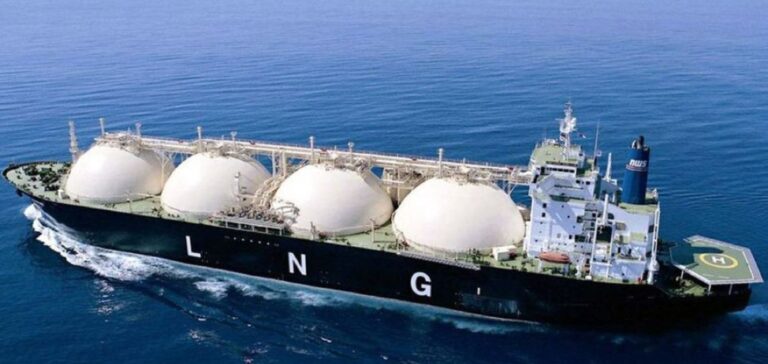The decarbonisation of Europe’s energy sector is currently receiving particular attention from governments, energy companies, and financial markets. Given the targets set by the European Union, notably a net reduction in greenhouse gas (GHG) emissions of 90% by 2040 compared to 1990, the sector is questioning the economic costs involved and the future role of natural gas in this new energy landscape. According to a recent study, multiple decarbonisation scenarios highlight necessary trade-offs between political ambitions, economic realities, and supply stability.
Highly variable costs depending on scenarios
Modelling the various potential pathways to carbon neutrality reveals significant cost disparities. In the scenario called the “Accelerated Path to Net Zero,” which corresponds to a rapid reduction in GHG emissions of 90% by 2040, marginal abatement costs (MAC) would reach prohibitive levels, estimated at €17,246 per tonne of CO₂ equivalent (€/tCO₂e). Although aligned with the European Union’s ambitious policy objectives, this scenario would require massive investment in low-carbon technologies, imposing significant financial constraints on businesses and member states.
Conversely, the “Linear Path to Net Zero” scenario, which provides a gradual emission reduction of 76% by 2040, achieving complete neutrality by 2050, presents substantially lower costs. This scenario has a MAC of around €420/tCO₂e in 2040, rising to nearly €1,944/tCO₂e by 2050. Despite this substantial reduction, these costs remain high, reflecting the growing economic difficulties associated with eliminating the remaining residual emissions.
Intermediate scenarios, which do not achieve full carbon neutrality, offer considerably more affordable costs. For example, the baseline scenario forecasts a marginal cost limited to €318/tCO₂e in 2050, while a high-carbon price scenario sets this cost around €445/tCO₂e. These scenarios demonstrate that significant emission reductions can be achieved at costs significantly lower than full-neutrality scenarios, notably through a prolonged role for natural gas.
The strategic role of natural gas in question
European demand for natural gas will be directly affected by the energy policies adopted in the coming years. In 2023, Europe (EU27, United Kingdom, Norway, and Switzerland) consumed approximately 407 billion cubic metres (bcm) of gas. Depending on the modelled scenarios, this demand could evolve significantly differently by 2050. In the baseline scenario (“Baseline”), without carbon neutrality, demand would be reduced to 291 bcm. Under a high-carbon price scenario (“High Carbon Price”), consumption would decrease further, to approximately 250 bcm.
However, in scenarios targeting carbon neutrality, demand reduction would be much more pronounced: only 160 bcm in the linear scenario and 141 bcm in the accelerated scenario by 2050. These scenarios involve substantial reliance on renewable energies and green hydrogen (produced by electrolysis). Although this shift is significant, natural gas would nevertheless retain a major strategic role until 2040, particularly as feedstock for producing low-carbon hydrogen via Carbon Capture, Utilisation and Storage (CCUS).
Resistance from end-use sectors and the need for complementary policies
The study also highlights the low elasticity of natural gas demand in response to rising carbon prices, especially before 2040. This resistance mainly stems from high transition costs in end-use sectors such as industry, transport, and residential. Even with high carbon pricing (up to €445/tCO₂e), gas continues to play a major role in these sectors due to significant investments required to switch to low-carbon alternatives.
Therefore, carbon pricing alone will not be sufficient to quickly achieve Europe’s carbon neutrality objectives. Complementary policies are needed to accelerate the transition. These include massive financing of low-carbon energy infrastructure, fiscal incentives for R&D in innovative technologies, and the establishment of strict environmental standards.
Large-scale integration of international carbon markets and increased imports of low-carbon energy resources could serve as additional levers, reducing internal financial pressures and providing greater flexibility for European economies.
Between climate ambition and economic realities
The presented modelling offers a rigorous framework enabling decision-makers to precisely measure the economic costs of Europe’s climate ambitions. It shows that, while carbon neutrality remains technically achievable, it entails exponentially increasing economic costs as the 2050 deadline approaches. Thus, decision-makers must balance political ambition and economic capability, while anticipating risks associated with potential technological delays or lock-in into costly intermediate solutions.
Europe’s upcoming energy policy choices will determine not only its climate future but also its long-term economic and industrial competitiveness as the global market rapidly moves toward increased competition in low-carbon energy technologies.






















